Resource Hub

Change of Employer
2024 Act lets CSEP/GEP holders switch jobs after 9 months in first Irish employment...continue reading.
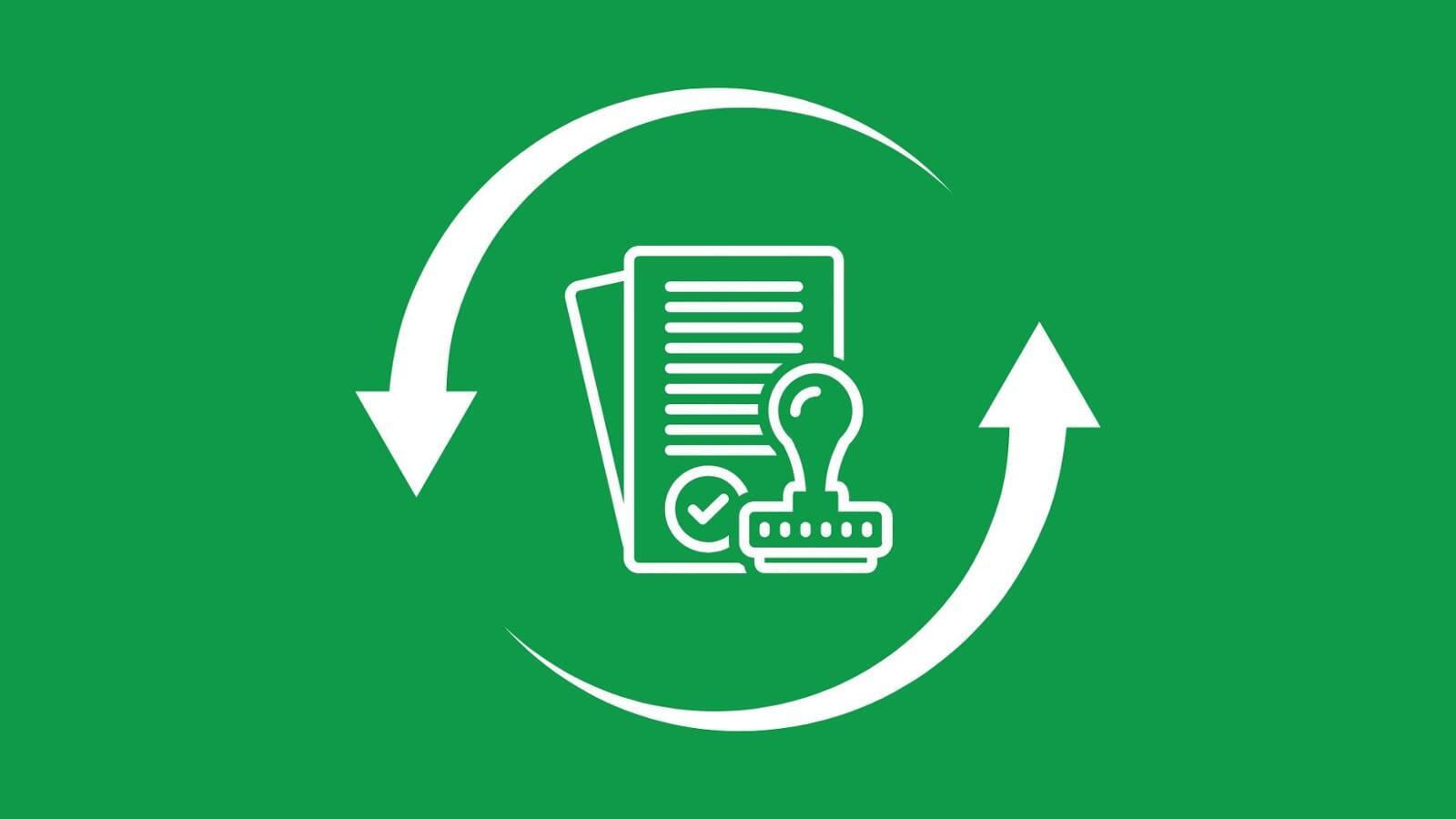
Reactivation Permit Form
CSEP/GEP holders without work after 6 months can seek help from DRP for permission options...continue reading.
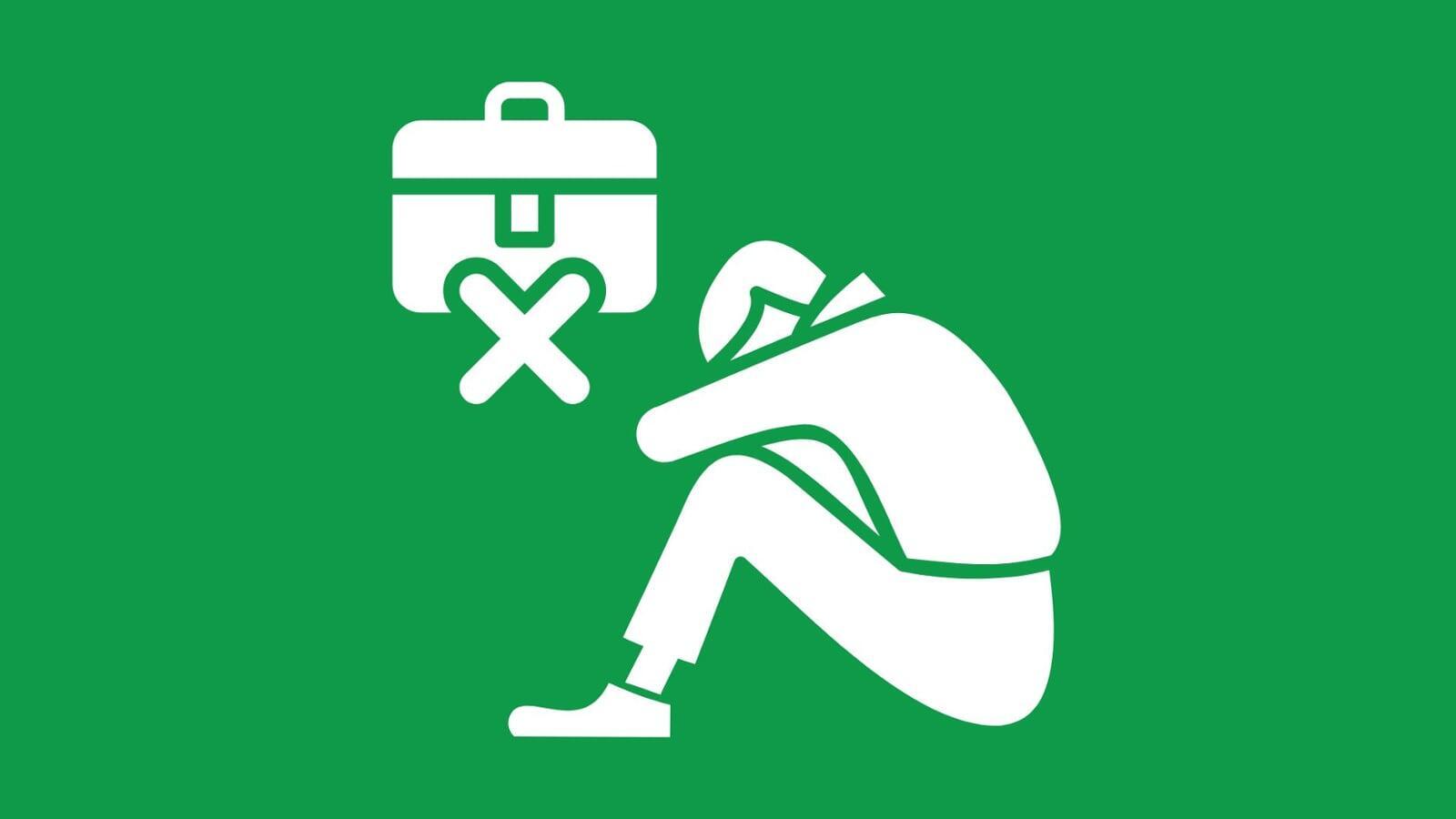
Redundancy Form
Redundant CSEP/GEP holders must notify DETE in 28 days or risk refusal of new permit...continue reading.
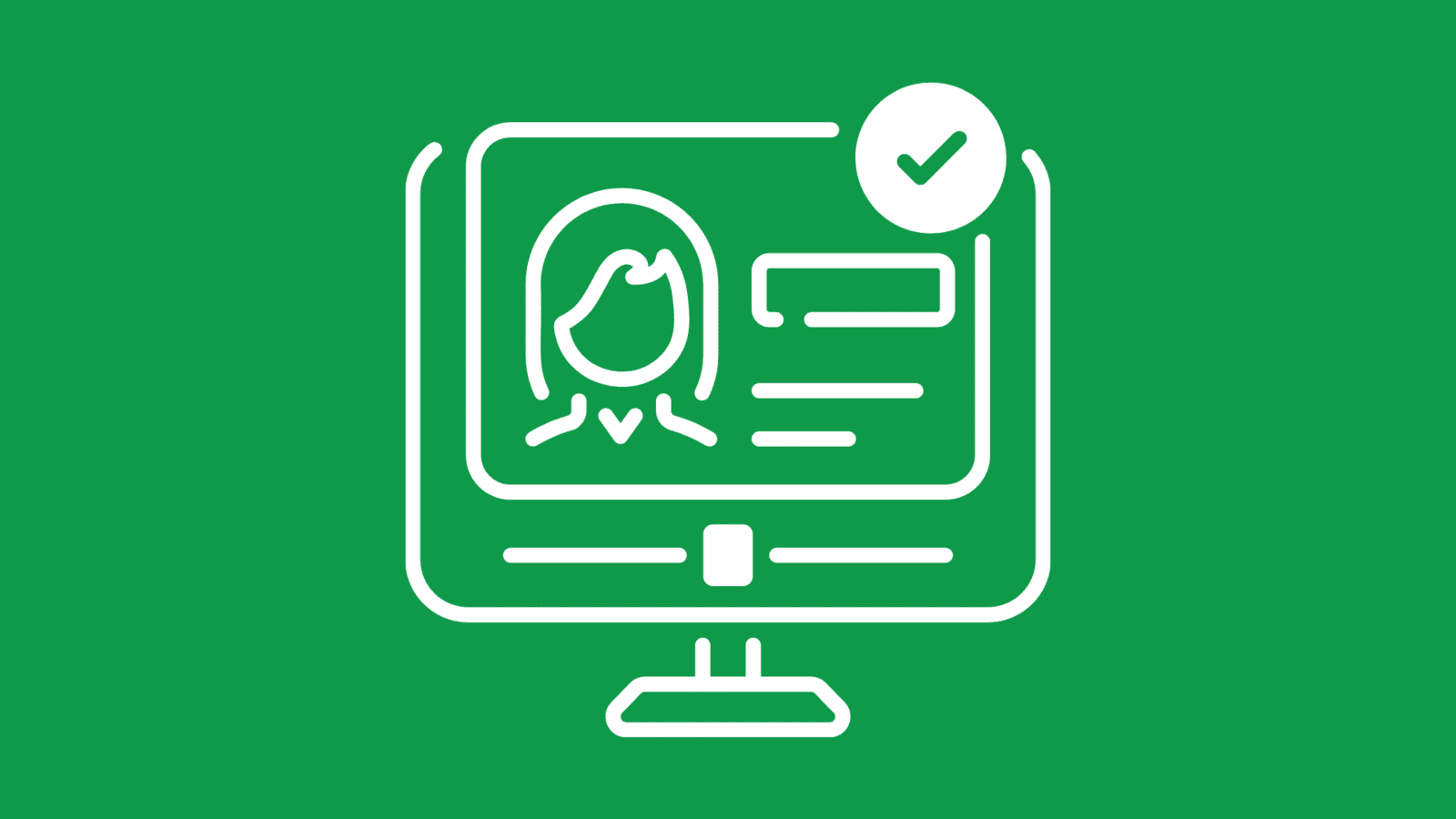
Create Employee Account
If you're planning to work in Ireland and need an employment permit, one of the first things you'll need is...continue reading.
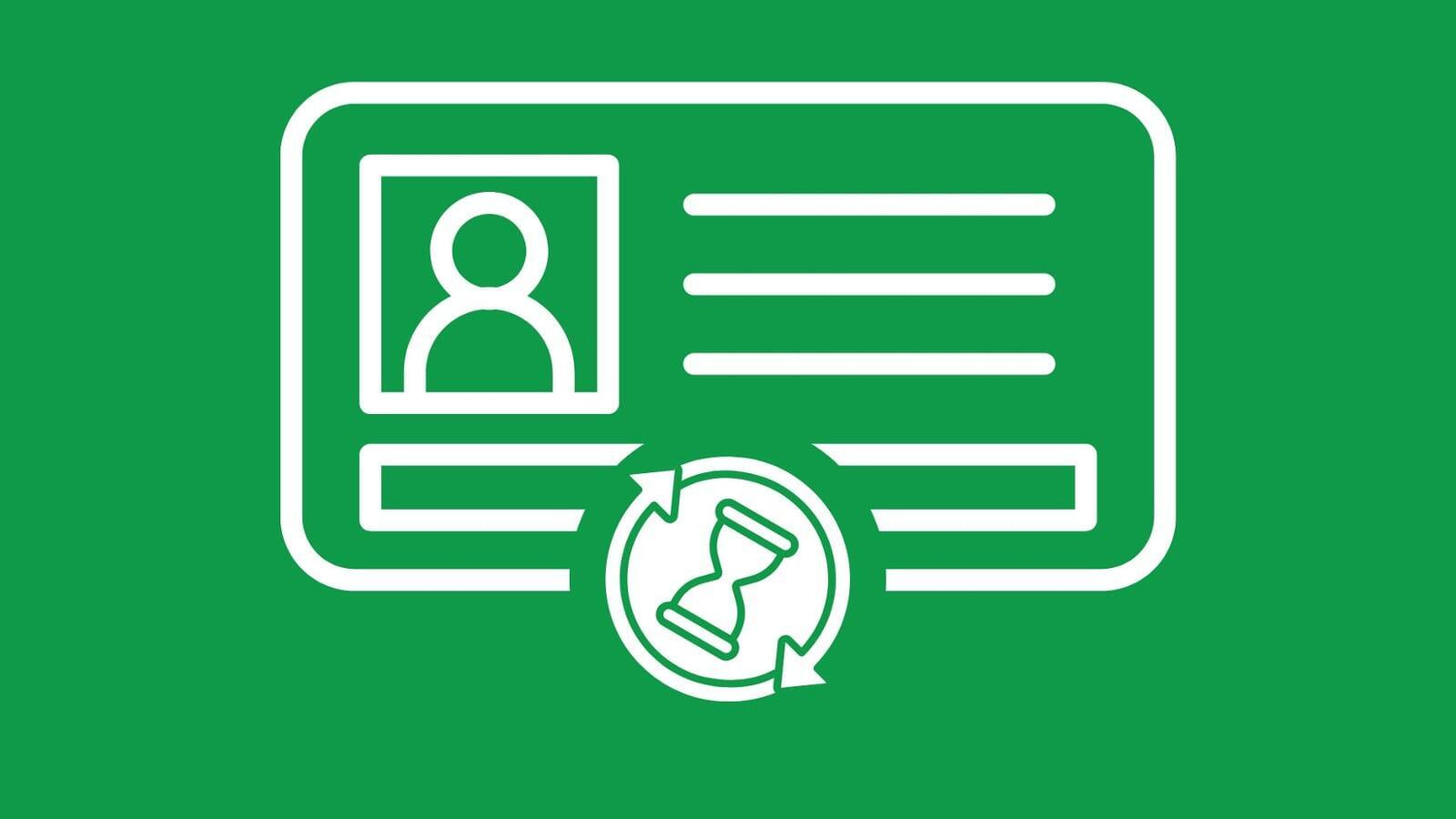
Stamp 1G Extension
Stamp 1G extensions are granted on a case-by-case basis and only on compassionate grounds...continue reading.

Stamp 4 Residency
Allows non-EEA nationals to live and work in the country without needing an employment permit...continue reading.
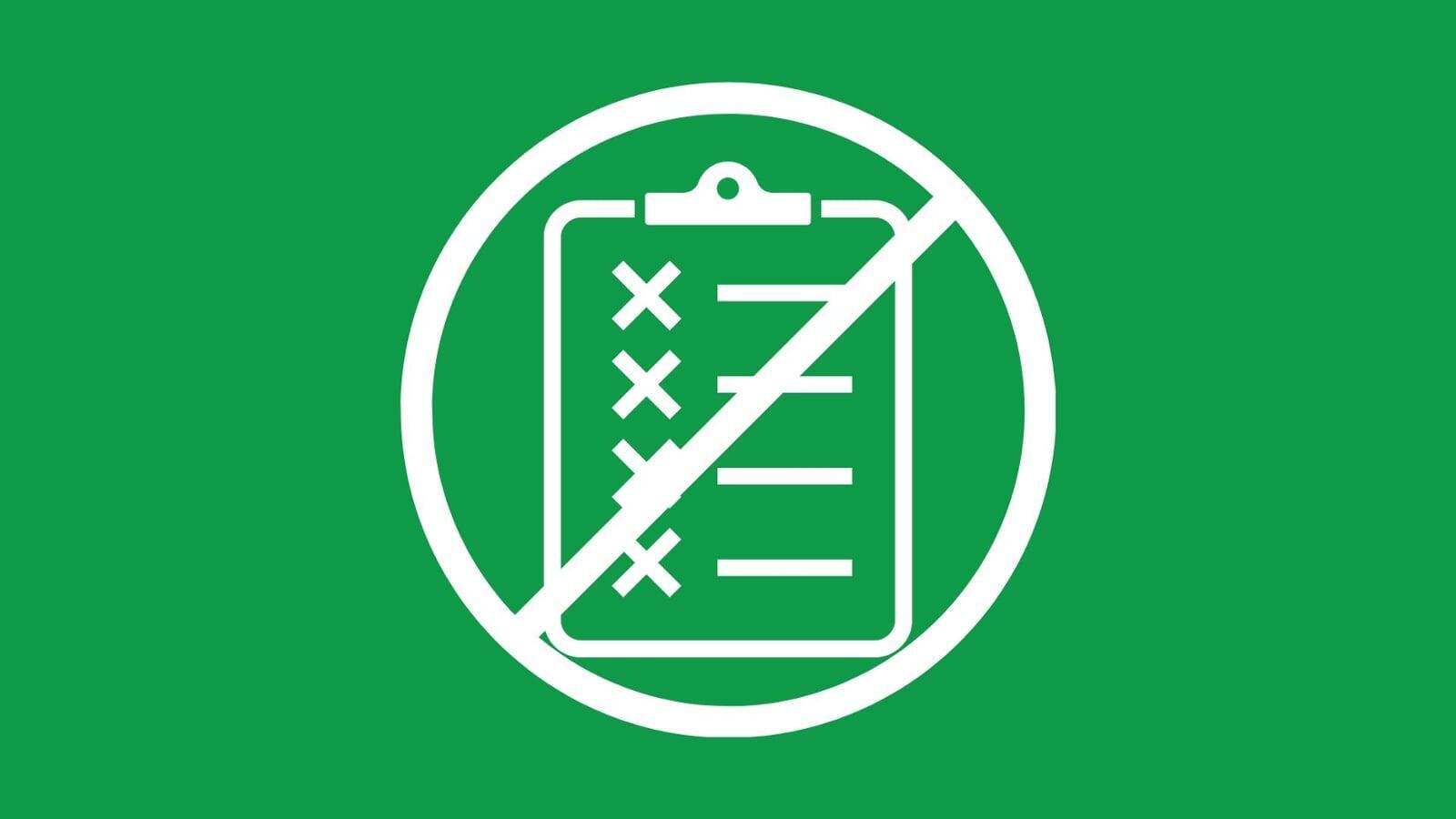
Ineligible List of Occupations
Some lower-skilled jobs in Ireland are ineligible for permits due to resident labour supply...continue reading.
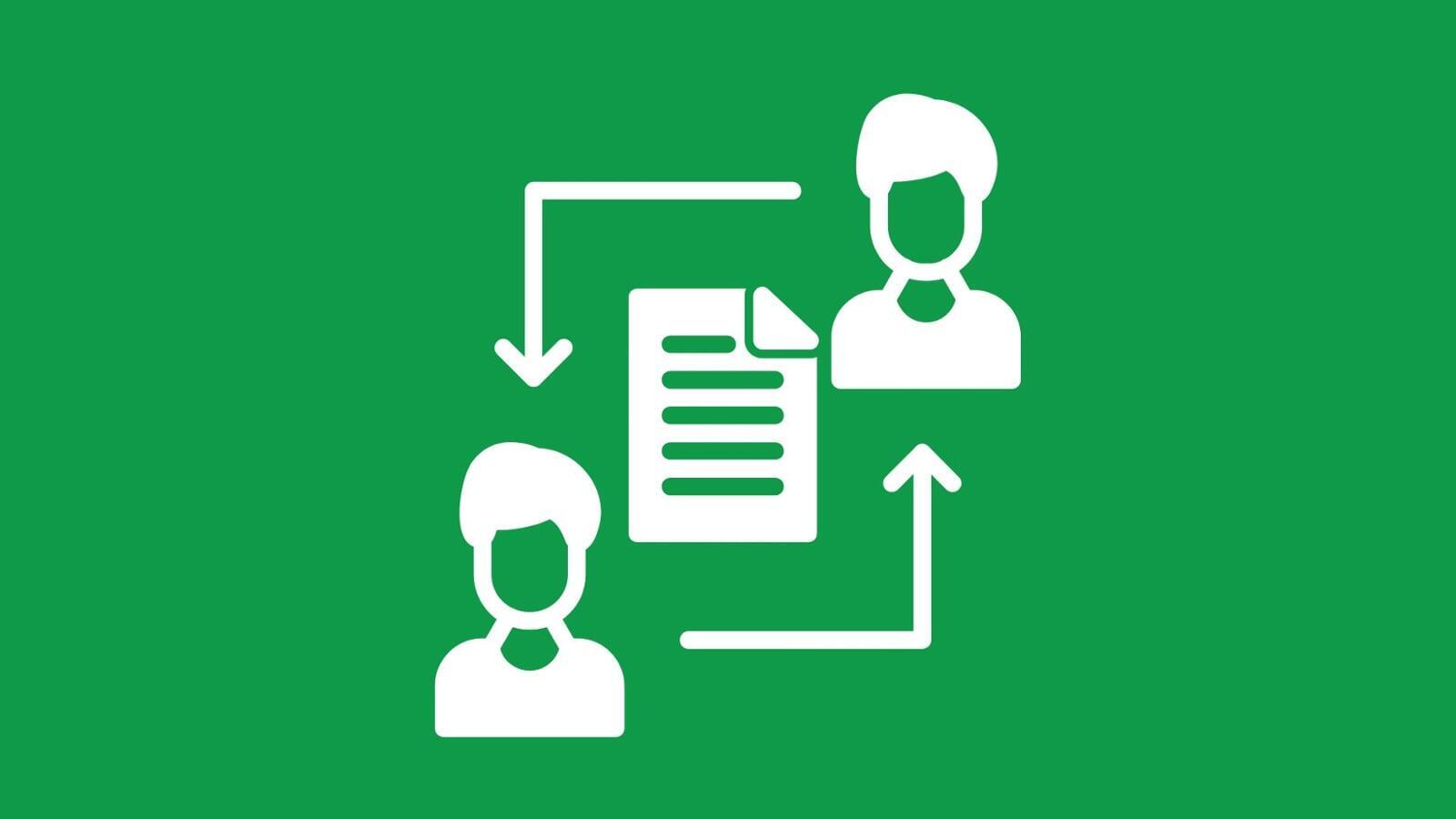
Transfer of Undertaking Form
Permit holders must notify DETE of business transfers or risk issues with permit renewal...continue reading.
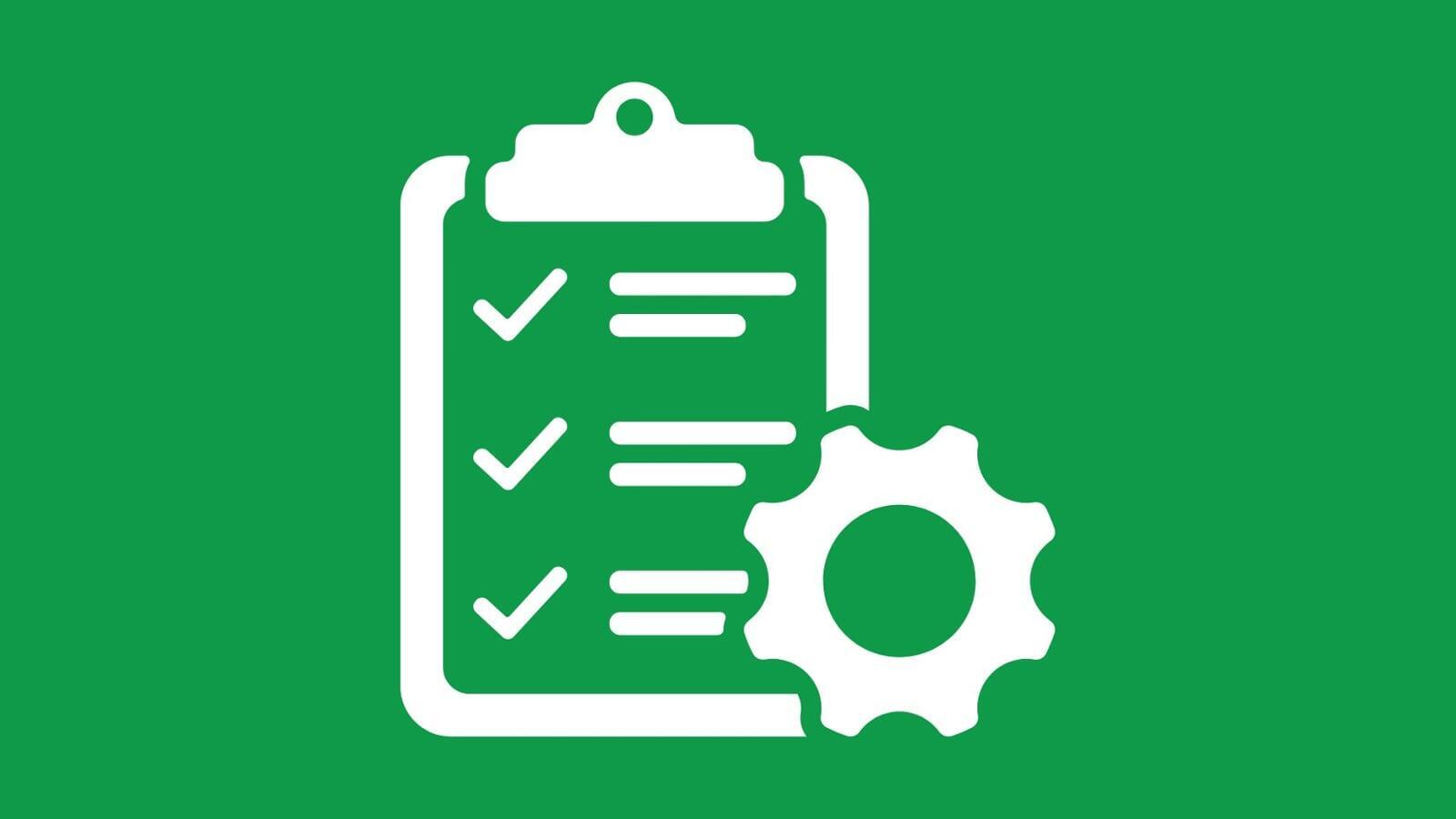
Employment Permit Checklists
Checklists available to help with preparing and submitting employment permit applications...continue reading.
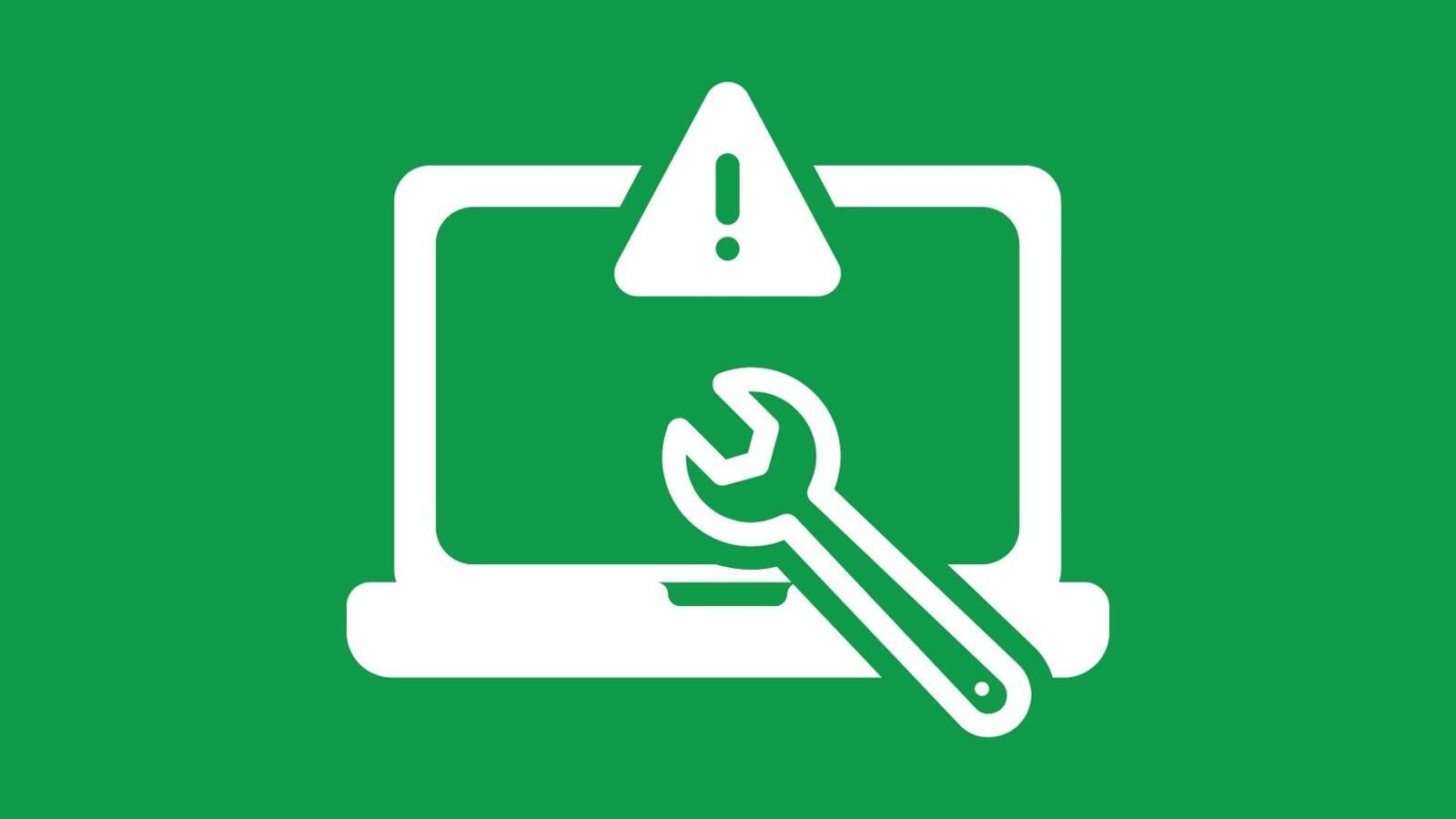
EPOS Troubleshoot
Send technical queries to EPOS@enterprise.gov.ie after reviewing support tools and videos.

EPOS Common Queries
Employment Permits Online launched in April 2025; some users face account setup issues...continue reading.
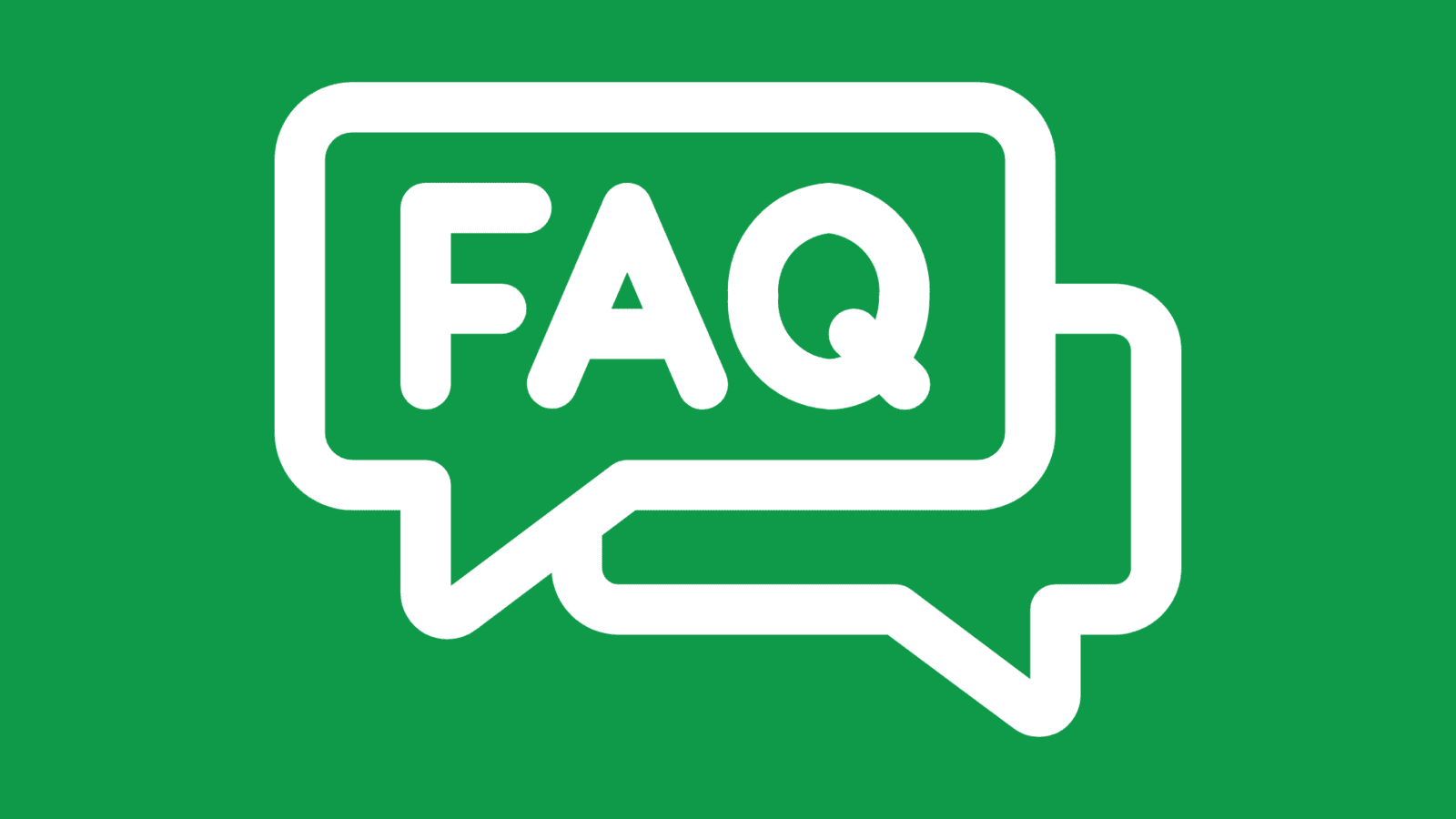
Frequently Asked Questions
This document aims to answer the majority of the FAQs the Department receive on a daily basis...continue reading.

Book an Appointment
- Schedule a 30-min video consultation with an experienced immigration consultant for just €55, or opt for a phone call for €35.
- Fill out our online form with your details and a brief description of your query. You’ll be able to select a date and time that suits you best.
- Once your booking and payment are complete, you’ll receive a secure meeting link by email ahead of your appointment.
Why Choose a Video Consultation?
Private, confidential, and convenient—no need to travel.
Share documents securely and get answers in real time.
Ideal for complex queries, document checks, or understanding your options.
Frequently Asked Questions
According to the terms and conditions of their Working Holiday Authorisation (WHA), holders are not permitted to apply for an employment permit while in the state and are required to depart the state at the expiration of their WHA. After their WHA expires or is cancelled, the non-EEA national may think about applying for an employment permit from outside the state based on an eligible job offer. This will be subject to the standard requirements under the Employment Permits Acts and Regulations.
Applicants can receive a 90% refund of fees for refused or withdrawn Employment Permit applications. To process this, they must submit the refund request form provided with refusal letters or following withdrawal requests.
If the refund request is received within 170 days of payment, the refund is issued to the original credit/debit card within approximately 5 working days. For requests made after 170 days, a completed mandate form is required, and refunds are paid by Electronic Funds Transfer (EFT) to a nominated bank account within 4–6 weeks.
If you believe your employment permit application was wrongly refused, you may request a review via the Employment Permits Online Portal. However, it is important to note that key requirements—such as minimum annual remuneration, supporting documentation, the Critical Skills Occupations List, the Ineligible List of Occupations, and advertising obligations—are set out in legislation. The Minister has no discretion to alter these regulatory requirements.
Yes, a request for a review must be made within 28 calendar days of the date on which the refusal decision was announced (as stated in the refusal letter), according to the Employment Permit Legislation.
Labour Market Needs Test:
The job must be advertised through specific channels—including the Department of Employment Affairs and Social Protection/EURES and a separate online platform—within 90 days prior to submitting the employment permit application. Failure to meet this requirement at the initial stage cannot be rectified during the review process.
Remuneration and Job Title:
Applications must clearly state the job title and meet minimum remuneration thresholds set out in legislation (based on 39 hours/week over 52 weeks). A refusal based on these grounds can only be reviewed if a credible explanation is provided for incorrect or unclear information in the original application.
Immigration Status:
The applicant's immigration status at the time of the original application is what is assessed during the review process.
50/50 Rule:
The ratio of EEA to non-EEA employees within the company is considered based on the situation on the date of the original application.
The applicant may submit a new application for an employment permit that complies with all applicable laws and procedures for the specific type of employment permit if their application has been denied after review.
No, the rule is that an individual seeking an employment permit may only have one active application at a time. If an applicant wants to submit a new application for an employment permit after submitting a request for a review of a refusal decision, they must withdraw their request for the review before they can submit their new application.
A non-EEA national must generally complete 9 months of employment with their first Irish employer before changing employer. This balances the employer’s investment in hiring with the employee’s right to mobility.
Exceptions apply in cases such as:
Redundancy, or
Significant unforeseen changes to the employment relationship (e.g. relocation, altered working hours, or changes to job duties).
In such cases, a new employment permit application may be submitted with appropriate supporting documentation (e.g. employer letters).
Under the Employment Permits Acts, an employment permit cannot be granted unless, at the time of application, at least 50% of the employer’s workforce (including the Irish branch of a foreign employer, contractor, or Irish client of a contractor) are EEA nationals. This is known as the "50/50 Rule".
The purpose of this rule is to ensure that employment permits support genuine business growth while maintaining a balanced workforce composition.
Exceptions:
Start-ups (under 2 years old) supported by Enterprise Ireland or IDA Ireland.
Cases where the foreign national will be the sole employee, e.g. carers in private homes.
No permit will be granted if this condition is not met, except in the above cases.
The Employment Permits Section must be informed if the foreign national plans to work somewhere other than the one specified on their employment permit so that they can assess whether a new one is needed.
Employment permits are specific to the employer and location listed. A foreign national may only work for the named employer and at the approved location(s).
If a company changes premises but retains the same CRO and Revenue registration numbers, it must:
Upload a letter on headed paper notifying the Department,
Provide CRO evidence of the address change, and
Provide Revenue confirmation (e.g. recent returns or a letter).
The Department must validate the address change via the online portal. Once validated, existing permit holders may continue working. The new address will be updated at renewal stage.
Employment permits are employer-specific, meaning the non-EEA national may only work for the named employer in the specified role.
If a company changes its name (but not its Revenue Registered Number), it must upload via the portal:
A letter on the new company’s headed paper notifying the Department,
CRO evidence of the name change, and
Revenue confirmation (e.g. recent returns or a letter).
Once validated by the Department, current permit holders may continue working. The updated name will appear at permit renewal.
Non-EEA nationals in Ireland on a Hosting Agreement may apply for an employment permit if offered an eligible job.
Before the permit can be issued:
The Hosting Agreement must be cancelled, and the Department notified, or
If the Hosting Agreement has less than 3 months left, the employment permit's start date can be set for the day after it expires.
Under the Employment Permits Act 2024, an employment permit employer can only be changed if there has been a transfer of employment under the European Communities (Protection of Employees on Transfer of Undertakings) Regulations 2003.
In such cases:
The original employer must complete a Transfer of Undertaking form and submit it with supporting documents to the Department via the portal.
If the terms, conditions, job description, and location remain the same, the Department will issue a new employment permit to the employee and a certified copy to the new employer.
Critical Skills and General Employment Permit Holders:
Must notify the Department within 4 weeks of redundancy using the prescribed Redundancy Notification form (available online).
Have 6 months from redundancy date to find another job.
If re-employed within 6 months and the form was submitted on time, the new application is exempt from the Labour Market Needs Test.
Applications will be considered even if the occupation is now ineligible.
If no job is found within 6 months, contact INIS to check immigration status.
Dependent, Reactivation, and Sport & Cultural Permit Holders:
Must notify the Department within 4 weeks of redundancy and return their permits.
Also have 6 months to find a new job and apply for a new permit under normal rules.
If unsuccessful within 6 months, contact INIS regarding immigration status.
Under the Employment Permits Act 2024, the Minister may waive certain application requirements if the application is supported by an Enterprise Development Agency (IDA Ireland or Enterprise Ireland).
Possible waivers include:
The 50:50 Rule (for start-ups within 2 years of Revenue registration),
Labour Market Needs Test for General Employment Permits,
Reduced remuneration requirements for specific roles, including:
Customer service and sales,
Specialist online digital marketing and sales,
Language and technical sales support,
Permission for ineligible roles where a non-EEA language skill is essential (e.g. bookkeepers, payroll managers).
Note: These support letters are issued only by IDA Ireland or Enterprise Ireland and only for their client companies, where they believe it will benefit job creation in Ireland.
The Atypical Working Scheme is jointly managed by the Department of Enterprise, Trade and Employment and the Department of Justice (INIS). It provides a streamlined process for handling:
Short-term employment (under 90 days), or
Specific employment scenarios not covered by the Employment Permits Acts or existing administrative processes.
A copy of the biometric page of your current, valid passport(s). This page includes your photograph, passport number, and date of birth.
Copies of the front and back of your current IRP card. This is the credit-card sized plastic card you received when you last registered your permission.
Copies of the relevant Employment Permit(s) or Hosting Agreement(s) issued to you by the Department of Enterprise, Trade and Employment.
A copy of your most recent payslip.
A letter from your employer(s), dated within the past three months, confirming your job title, place of employment, and dates of employment.
Copies of ‘Employment Detail Summaries’ for each year of employment covering the duration of your Employment Permit(s), available from www.revenue.ie/myaccount.
Note: You must have been registered and holding permission on Stamp 1 for at least 21 months if you hold a Critical Skills Employment Permit and/or Hosting Agreement, or at least 57 months if you hold a General Employment Permit. To allow enough time for processing, applications to renew permission can be submitted up to 12 weeks before your current IRP card expires. However, only applications meeting the 21-month eligibility requirement will be processed. Apply via the INIS Online Portal.
To apply for Irish citizenship through naturalisation, you must have:
- Lived in Ireland continuously for 1 year immediately before your application, and
Spent a total of 4 years living in Ireland during the 8 years before that.
In total, you need 5 years of reckonable residence in the last 9 years.
You can spend up to 70 days outside Ireland in the year before your application. The days you leave and return don’t count as absences.
An extra 30 days may be allowed for exceptional reasons, such as health issues, family matters, work, or study. Explain any such absences in your application.
Check if you are eligible using the Naturalisation Residency Calculator here.
To apply for Irish citizenship, you need to provide:
Proof of Identity
Passport
Irish Residence Permit (IRP)
Driving licence
Other documents listed in the Citizenship Guidance Document
These documents carry points. You must reach a total of 150 points to prove your identity. For example, a certified colour copy of your passport’s biometric page is worth 150 points on its own.
Proof of Residency
You must show you’ve lived in Ireland for the required time. For each year of residence claimed, you need documents adding up to 150 points, such as:
Bank statements
Utility bills (gas, electricity, water, etc.)
Official letters from government or health services
You must include one Type A document (worth 100 points) and one Type B document (worth 50 points) each year. Documents must show your name, address, and date.
Check the Citizenship Guidance Document for full details and examples.
First-Time Registrations
A copy of the biometric page of your valid passport. This page shows your photo, passport number, and date of birth.
Copies of the front and back of your current IRP card. This is the small plastic card you got when you last registered your permission.
Proof that you have successfully finished your third-level (college or university) course.
Private Medical Insurance or Travel Insurance that covers medical costs, including hospital stays, for 12 months or for however long you’ll stay in Ireland. Upload the original policy document in your name, showing full hospital cover and dates of cover.
Renewals (2nd Year)
A copy of the biometric page of your valid passport. This page shows your photo, passport number, and date of birth.
Copies of the front and back of your current IRP card. This is the small plastic card you got when you last registered your permission.
Proof that you have successfully finished your third-level course.
Proof of Private Medical Insurance. It must cover accidents and medical issues, including hospital stays, for the whole time you plan to stay in Ireland. Travel insurance is not enough for renewals.
If you’ve found this content helpful, please consider sharing the website with others in need.
On a Mission to EMPOWER!
Shashank Chakerwarti
Compelling Cover Letters
Conducting Meticulous Research
Applying Critical Thinking





